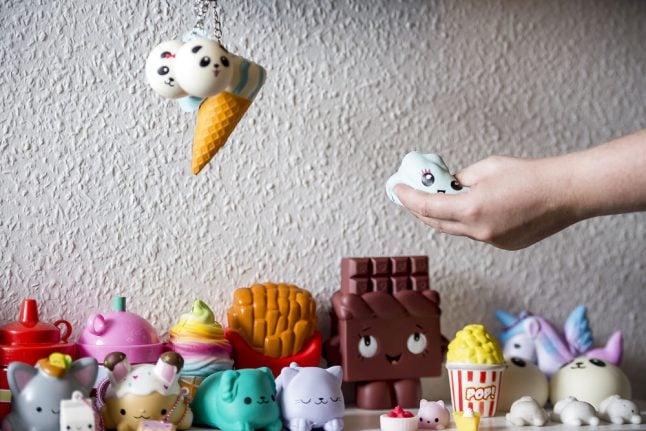The firm is forecast to ring up turnover of 4.3 billion euros in 2012 terms once launched, gathering the vinyl chloride assets of both groups, notably used to produce PVC.
PVC, a synthetic thermoplastic material, is used in flexible form for the likes of hosepipes, insulation and shoes, and in rigid form for moulded goods.
The PVC joint venture would be among the world's three biggest, employing 5,650 people in nine countries, Solvay said.
Its joint venture with Russian group Sibur — Rusvinyl — would not be involved.
"The joint venture will enable a significant gain in productivity at a time when raw materials and energy are expensive in Europe," said Jean-Pierre Clamadieu, chairman of Solvay's Executive Committee.
"The new entity will be better armed to face swift change on European markets and increased competition from world producers," said Ineos CEO Jim Ratcliff.


 Please whitelist us to continue reading.
Please whitelist us to continue reading.
Member comments